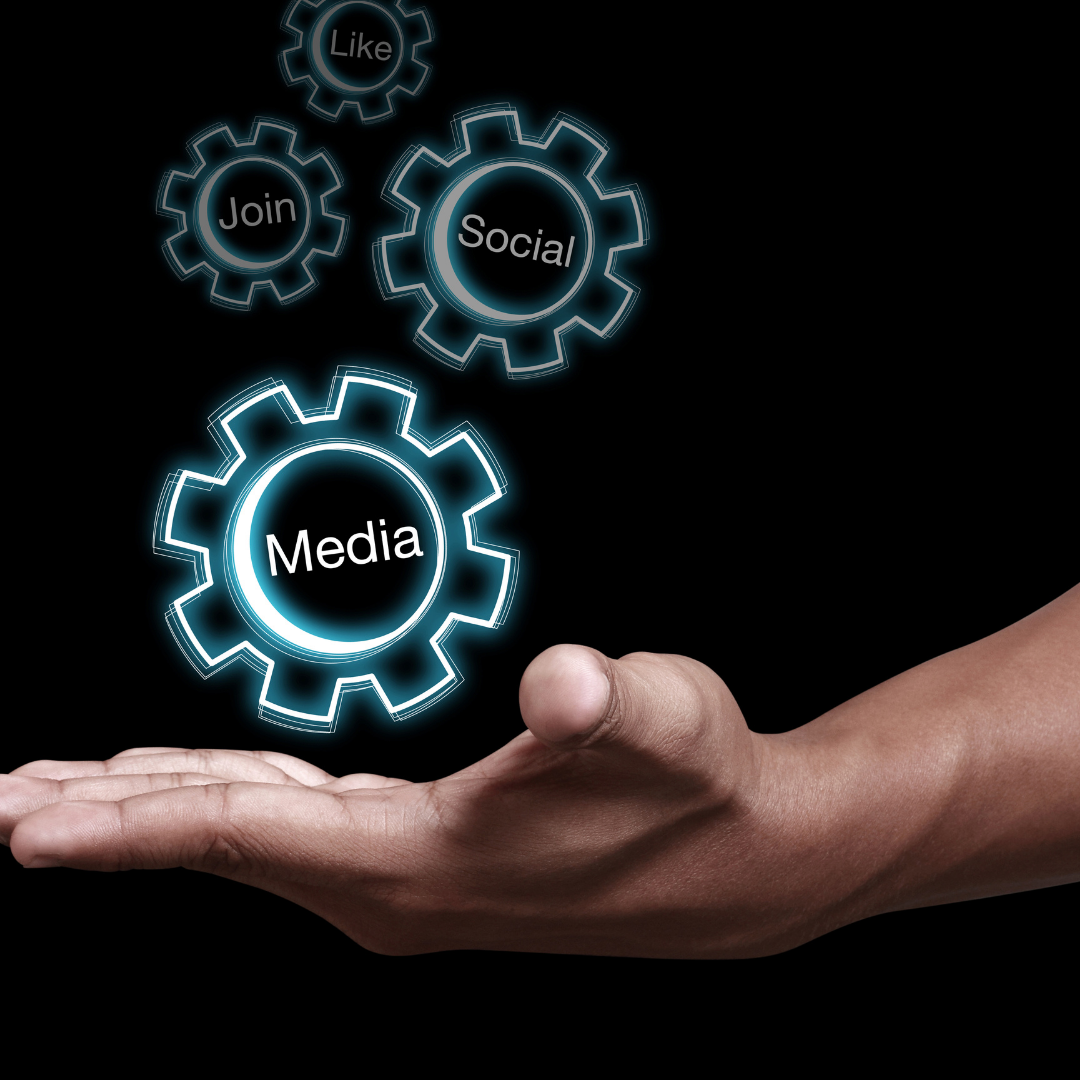Social media is a great way to connect with others, but it comes with a bit of a price. Those who use social media tend to experience more symptoms of an identity crisis, and part of the problem may be that social media allows users to tailor themselves to whatever image they choose. But just like with all things in life, balance is key. So, when you’re using social media for social networking, make sure you’re also using it wisely. Never post anything on social media that you wouldn’t say aloud in (well-intentioned) public.
Social media has made it possible to connect with people across the globe, but how do people keep their identities safe online? Is your online identity in alignment with your offline one? Is your online identity more real and more honest than what you present in daily life?
While social media may have started out as a way to connect with friends and family, these days, it’s so often used to get feedback on our appearance, highlight our accomplishments, and share our lives with the rest of the world. So much so that it’s easy to forget just how important social media is today and the ways it has impacted our lives and our world.
Social media is a huge part of most people’s daily lives. It’s how we keep tabs on the friends, family, and supporters we have online. It helps us connect, stay entertained, and gives us access to information that otherwise would be hard to access. But there’s a lot to be said for taking a break from it, and taking a break from social media can be one of the best decisions you ever make.
The Effect of social media on Identity Essay
The social media age has provided us with an unprecedented opportunity to connect socially, gain knowledge, and form opinions. As social media has increased in prominence, it has also become clear that social media affects how we express ourselves to others and how we view ourselves. This essay will briefly examine the concept of identity through a variety of social media applications.
Social media has become such an integral part of our lives that it shouldn’t come as much of a surprise that it affects who we are. Thus, it’s only natural that social media plays a key part in how we construct our identities. From a young age, social media inevitably affects the child’s identity since much of what he or she is exposed to on social media is from adults. Social media’s effect on identity specifically can be seen through age, race, gender, and geography. However, the influence social media has on identity isn’t necessarily negative. Instead, social media can help us grow as individuals and even help us to feel more connected to those we love.
Social media is a wide term used to describe any site or service that allows users to post content and interact with one another online. Social media sites have become incredibly popular, with Facebook alone boasting more than 1.5 billion users. However, one of the downsides to social media is the ability for individuals to find and stay in touch with friends, family, and other acquaintances.
Social media has changed how the world communicates, interacts, and functions. It’s a powerful tool that can be a lifeline for millions of people who have been left without access to traditional news. Social media can be incredibly positive for teens and younger adults, providing a safe haven away from the world at large. It can also have negative effects, such as cyberbullying and online sexting.

